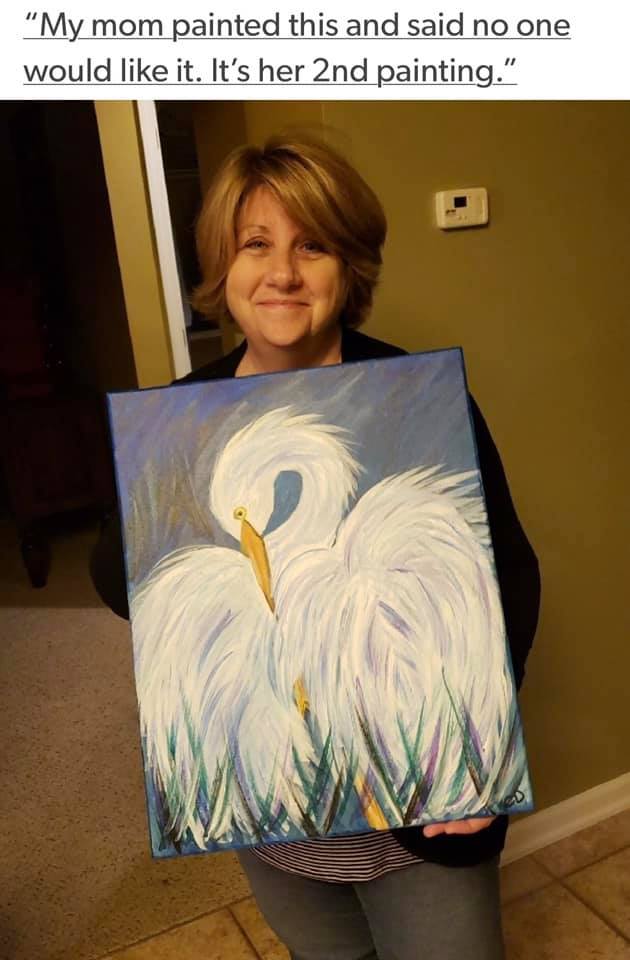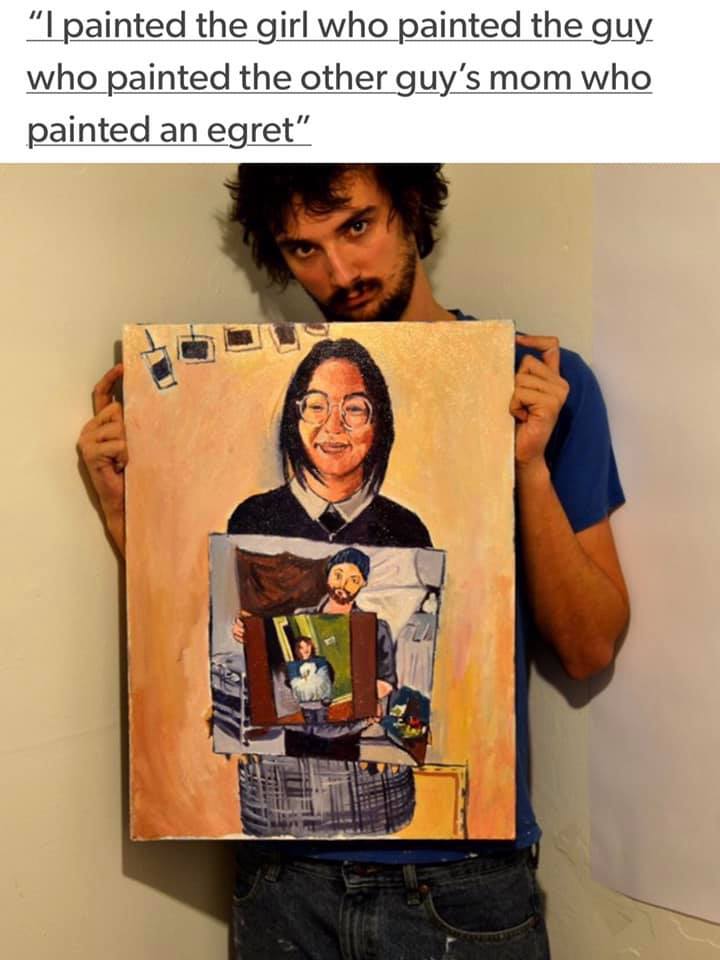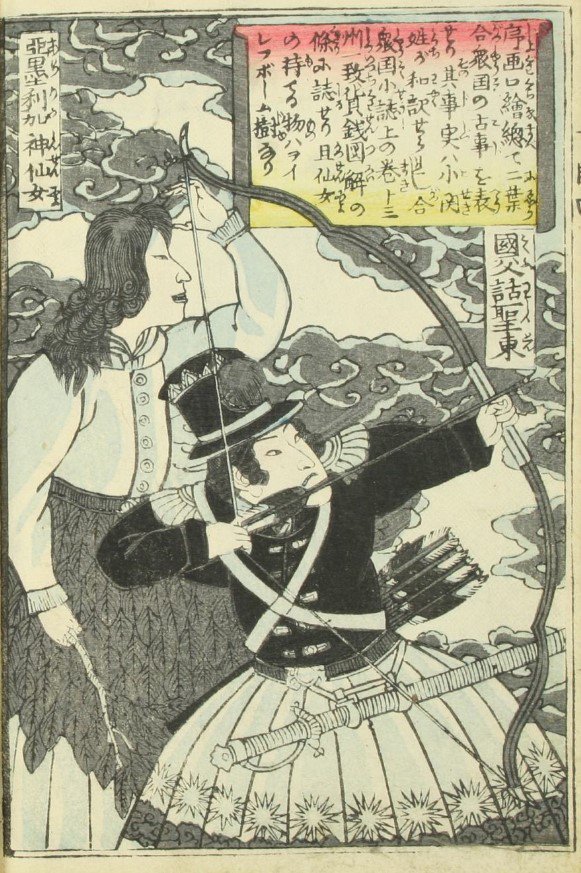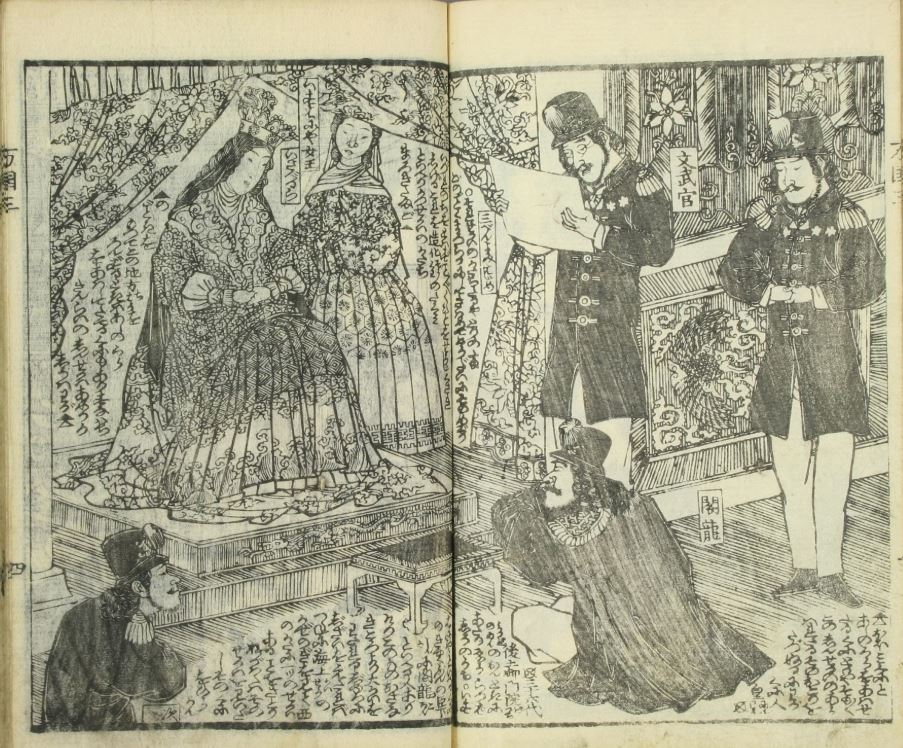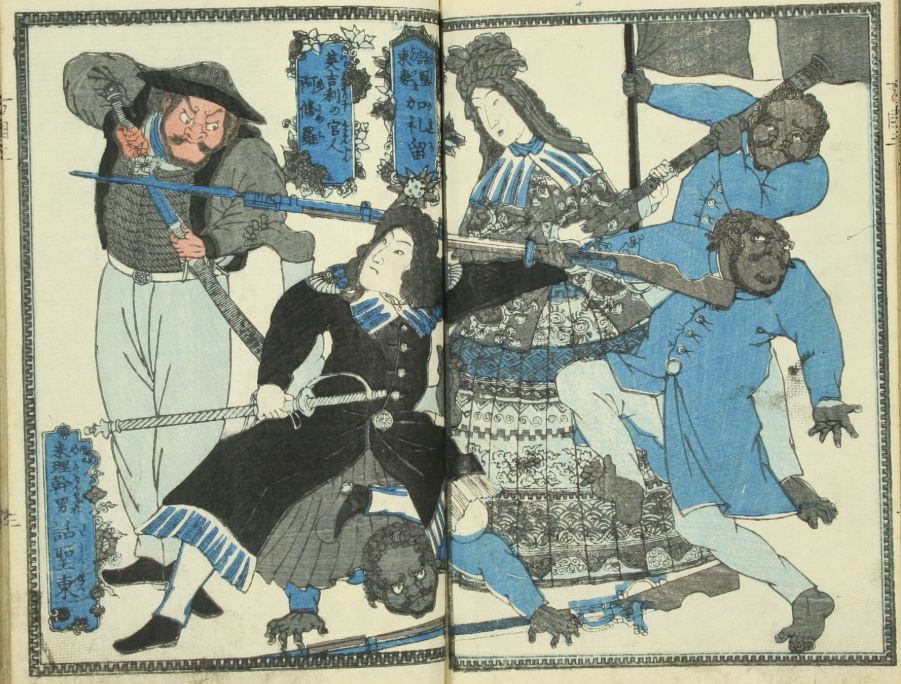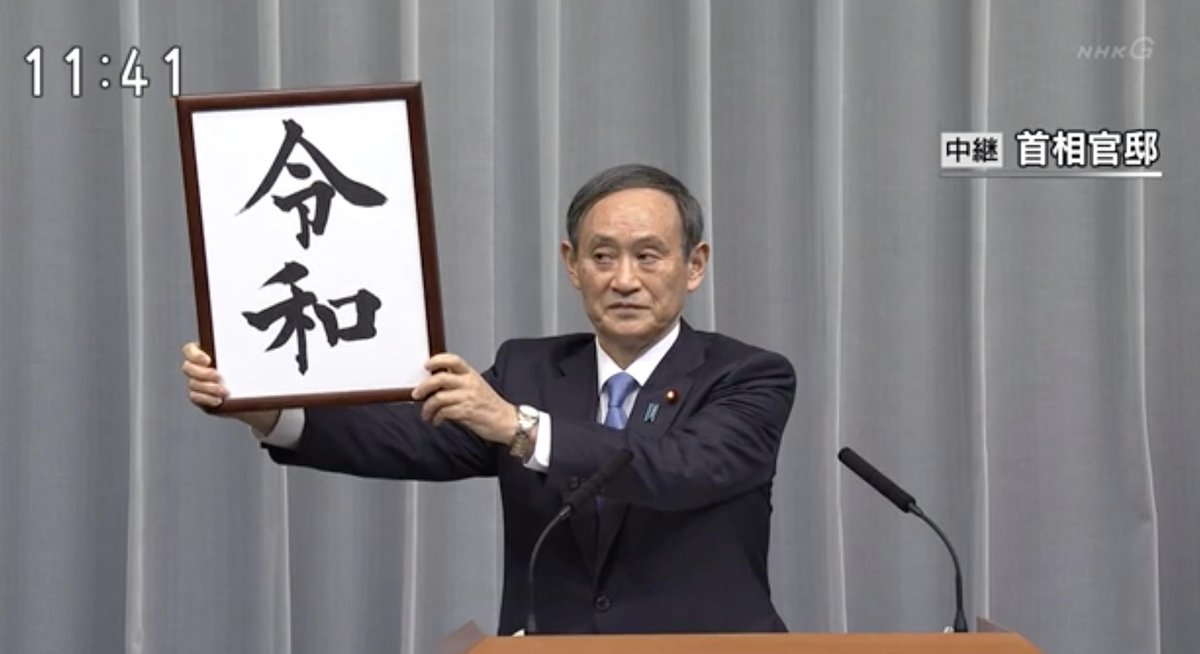To ordinary Japanese people at first glance (including many of my friends yesterday), the character 令 means "to order" or "to command" and 和 means "peace," "harmony," or "Japan" 1/
和 was also the second character of the disastrous "Shōwa" (昭和) era of Emperor Hirohito, which included militarism, World War II, atomic bombings, and defeat. 2/
"Now is the *splendid* first month of spring, the weather is fine, and the wind grows *soft*. Plum blossoms open as powder before a mirror, orchids smell sweet as perfume" 4/
The truth is that Japanese Imperial era names can be multivalent, and Japanese people have long known this. 7/
This is clearly a play on the double meaning of 和 as both "harmony" and "Japan." Neither sense was used in the Man'yōshū poem. 11/
Via: yomiuri.co.jp/national/20190…
These characters contain multitudes!
26/




